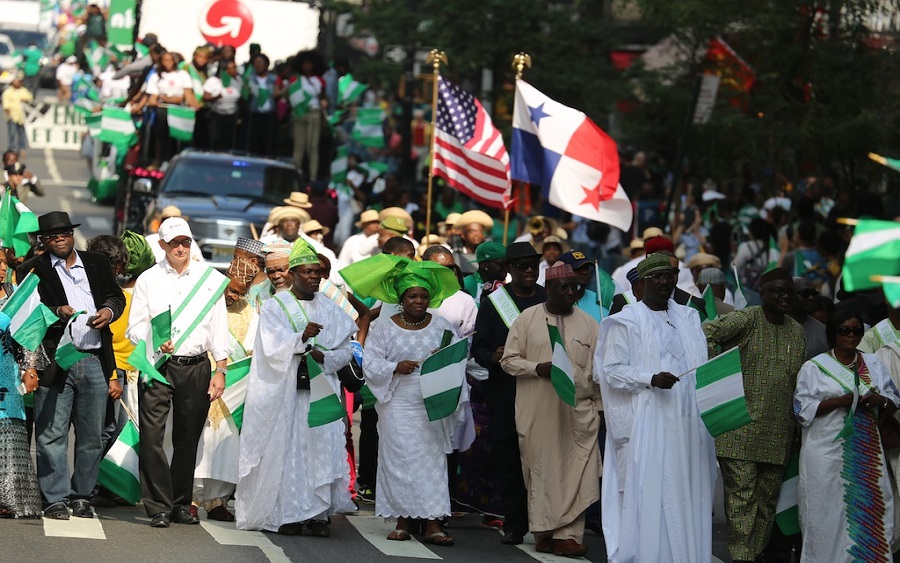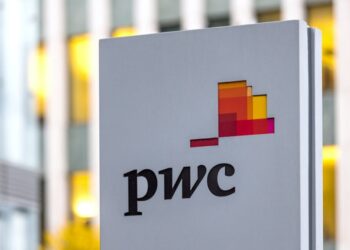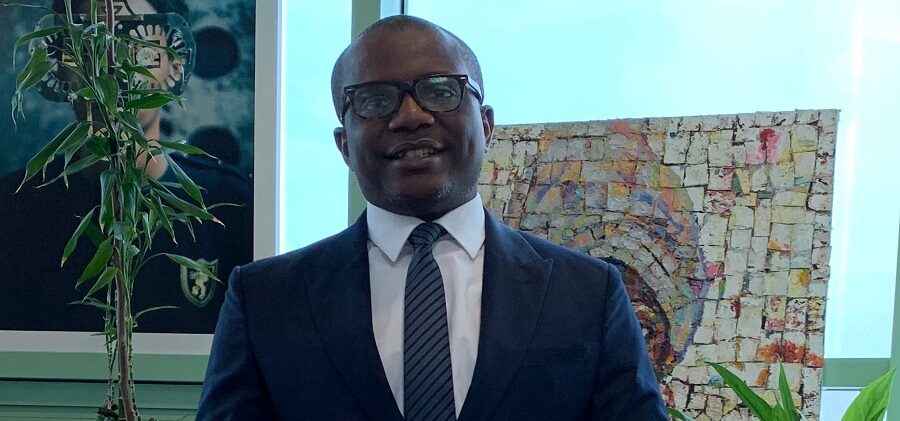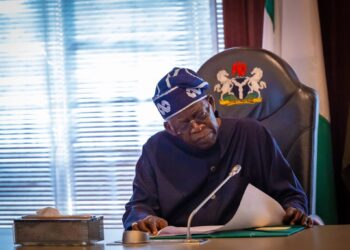A lot has been said about the value of “Diasporans”. A recent report by PwC on “Strength from Abroad” reported that over 1.24 million Nigerians lived abroad (2017) and these migrants’ remittances to the country accounted for 23.8 billion dollars in 2018. The Education USA – an initiative of the US Department of State Network Fact Sheet: Opportunity Funds Program noted that Nigeria ranked 13 among the nations sending students to study in the U.S. and the current students legally in US schools are over 12,673. This does not include Nigerian-Americans.
The staggering revenues and the Human Capital above bring to the table the value of the Diaspora to Nigeria. One area we are beginning to hear the voices of the Diaspora is the advancement of democracy. A number of them returned to serve in various areas of government at the State and National levels, but even more have begun to advocate for more transparency in the electoral process. This is true not only in Nigeria but in Africa.
Over the years, many African nations have struggled in many fields, particularly in the electoral area. This, in turn, has hindered many citizens from experiencing the process of free and fair elections as well as the true dividends of democracy. Cases of electoral malpractice, according to PRIF Blog, include ballot stuffing, violence during election, voting manipulation, inflation and illegal alteration of vote counts.

In order to harbour a safer election atmosphere for people, there have been plans made by certain individuals to ensure an improvement in the electoral system. For instance, in Nigeria, there has been an establishment of a new initiative called Restore Naija. The main purpose of this stratagem is to look at ways to revamp the electoral process in Nigeria through exploring newer technologies like the Blockchain.
I had the opportunity of speaking to the co-founder of Restore Naija, Christian Emele, over the phone last week. The organization just wrapped up the first-ever Digital Voting Summit last Monday in Abuja, where a clear idea and a strategy was developed to take Nigeria’s electoral system to the next level.
[READ MORE: Why Detty December is synonymous with the growth of Nigerian tourism]
He explained to me that the reformation of the Nigerian electoral system would not only involve Nigerians in Nigeria but also Nigerians living abroad. In fact, the electoral advocacy plans for Restore Naija in 2020 has scheduled to hold town hall meetings across Nigeria and in the diaspora, mainly in the United Kingdom and the United States.
Emele and a lot of others like him believe that the extensive focus and inclusion of the diaspora in African affairs, especially in Nigerian elections, would be beneficial to the growth of Nigeria as a nation. This is especially because the youth in the diaspora often have a strong financial background which could be utilized towards the development of the continent.
Indeed, Emele’s analysis and assertions about the diaspora are correct. According to a report by the Brookings Institution, members of the diaspora are not only educated but also have significantly higher incomes and large amounts of money in foreign banks, compared to their counterparts in Africa.
The Migration Policy Institute also reported that the African diaspora was key in sending an estimated amount of $40 billion to their mother countries in 2010. In addition, the International Monetary Fund highlighted that the worldwide African diaspora saves an estimated amount of $53 billion annually.
The IMF emphasized that if 10 members of the diaspora could invest $1,000 in countries of origin then the African continent could raise almost $3 billion a year for development financing.

Members of the African diaspora have also set up businesses in their countries. Mr. Azuka Okafor, a Nigerian immigrant currently based in Cincinnati, Ohio, is one of them. He has established a construction and properties Company, as well as a technology Company in his home country. Mr. Joe Ogbechie the convener of “Hands on Deck” has been working to empower youth since 2018. Nneka Mobisson, a Nigerian-American set up MDoc, a mobile platform that “provides people living with chronic disease with 24/7 access to virtual healthcare providers”. The list is endless.
[READ ALSO: What the Year of Return means for Ghana tourism]
It is without a doubt then that there is a need for African countries to reach out to their brothers and sisters in the diaspora because there is a lot of access to excess finance and human capital, which could be used constructively to develop the African society either in the field of the health sector or even the electoral process for examples.
Africa!! This is a callout – leverage our brothers and sisters in the diaspora eagerly waiting to work for progressive change.
Paul Olele Jnr writes from Washington DC. He is a 2019 graduate of George Washington University and currently works as graduate Media and Research Intern at the Initiative for Global Development.
























This would go a long way in lifting Africa from developing continent status to a well technological and advance economy to recon with in the comity of nations.